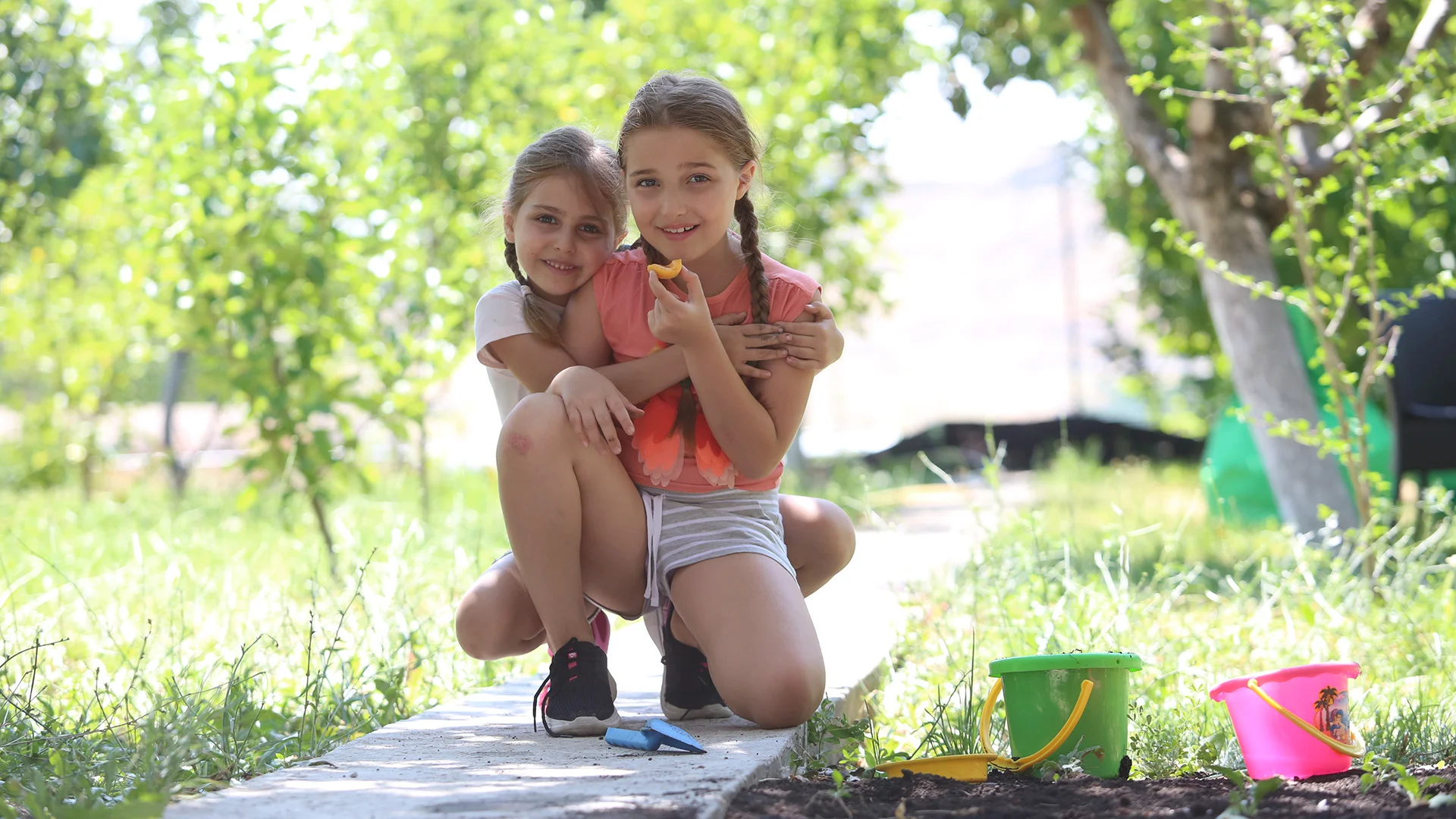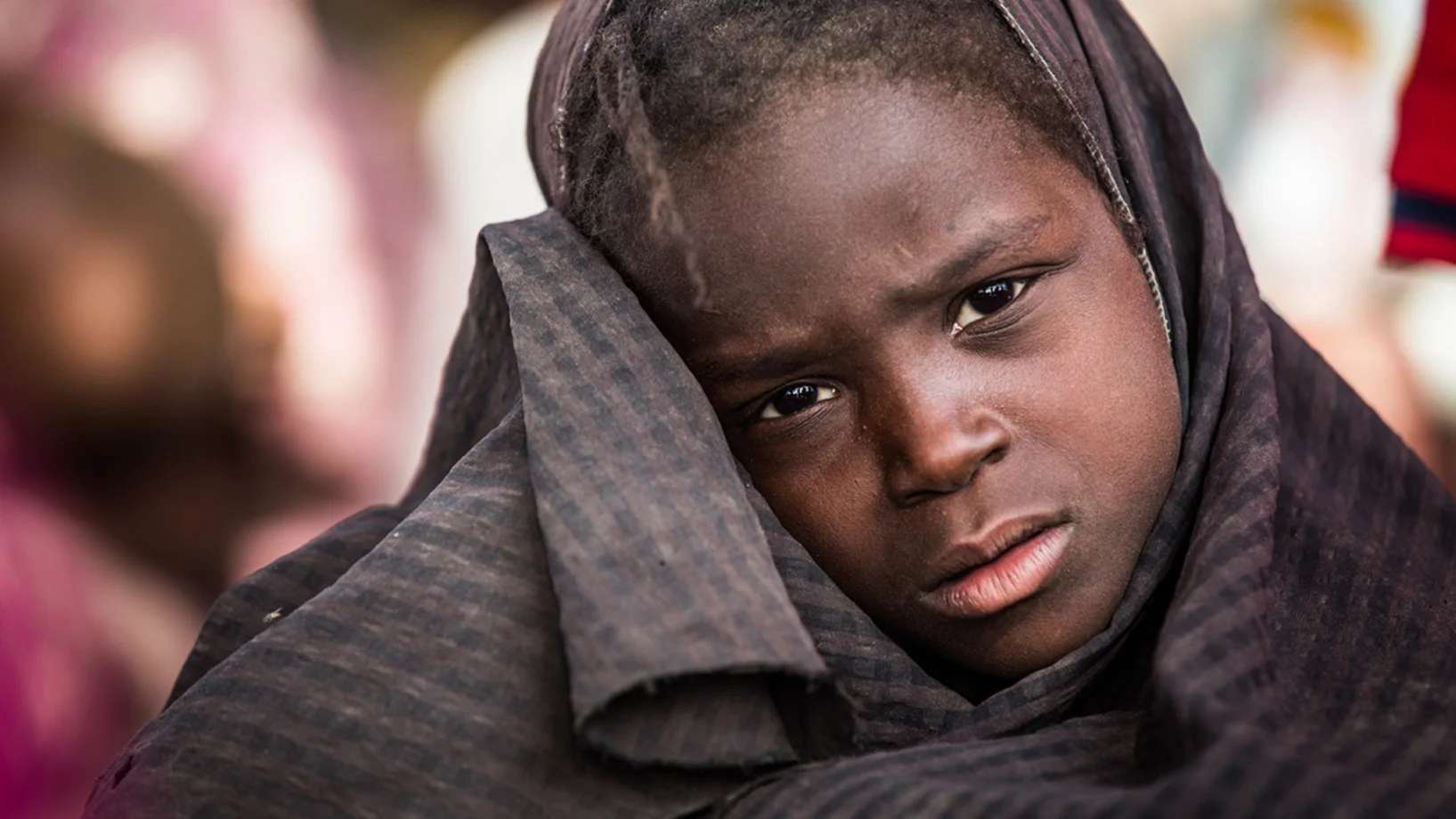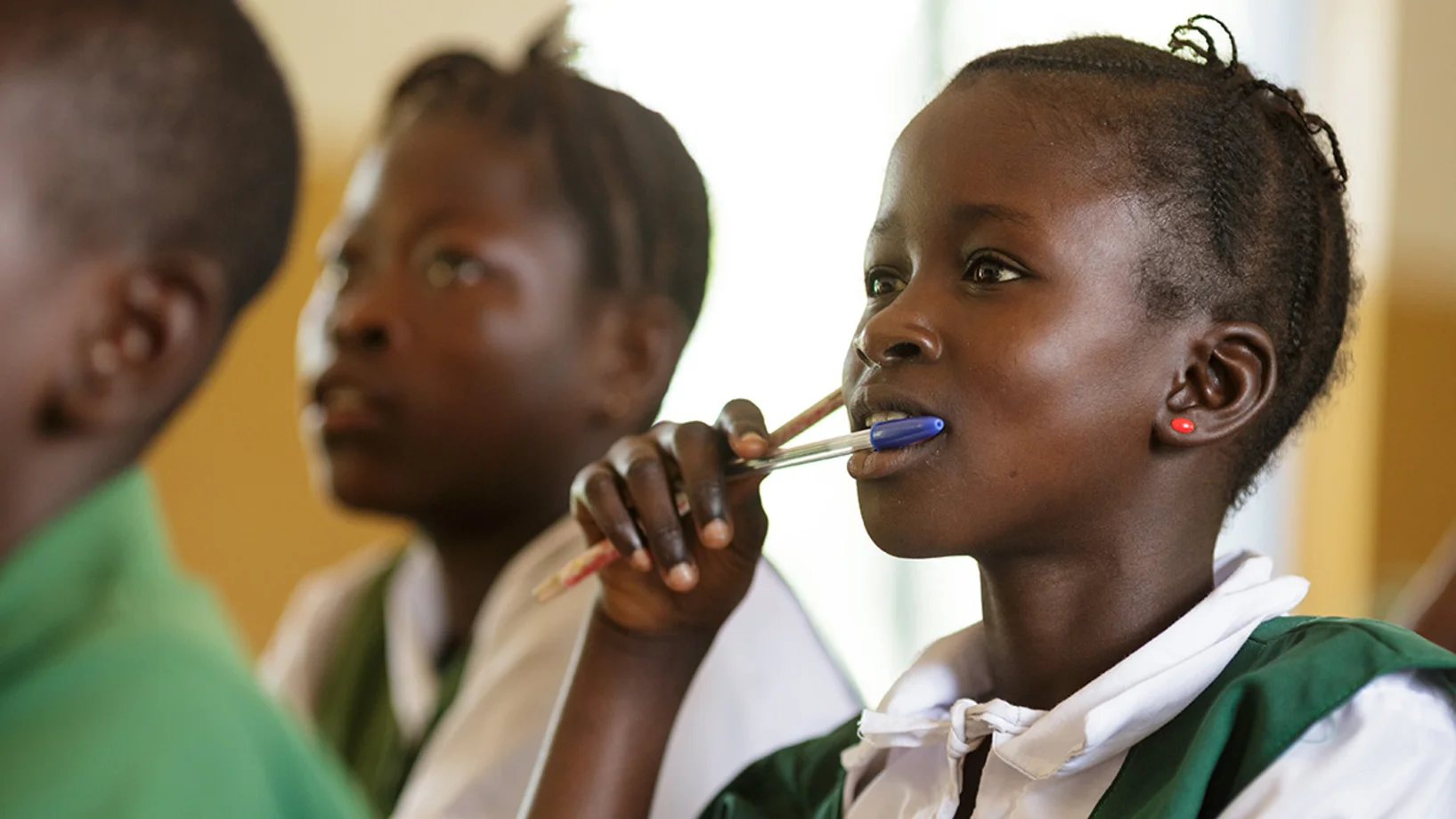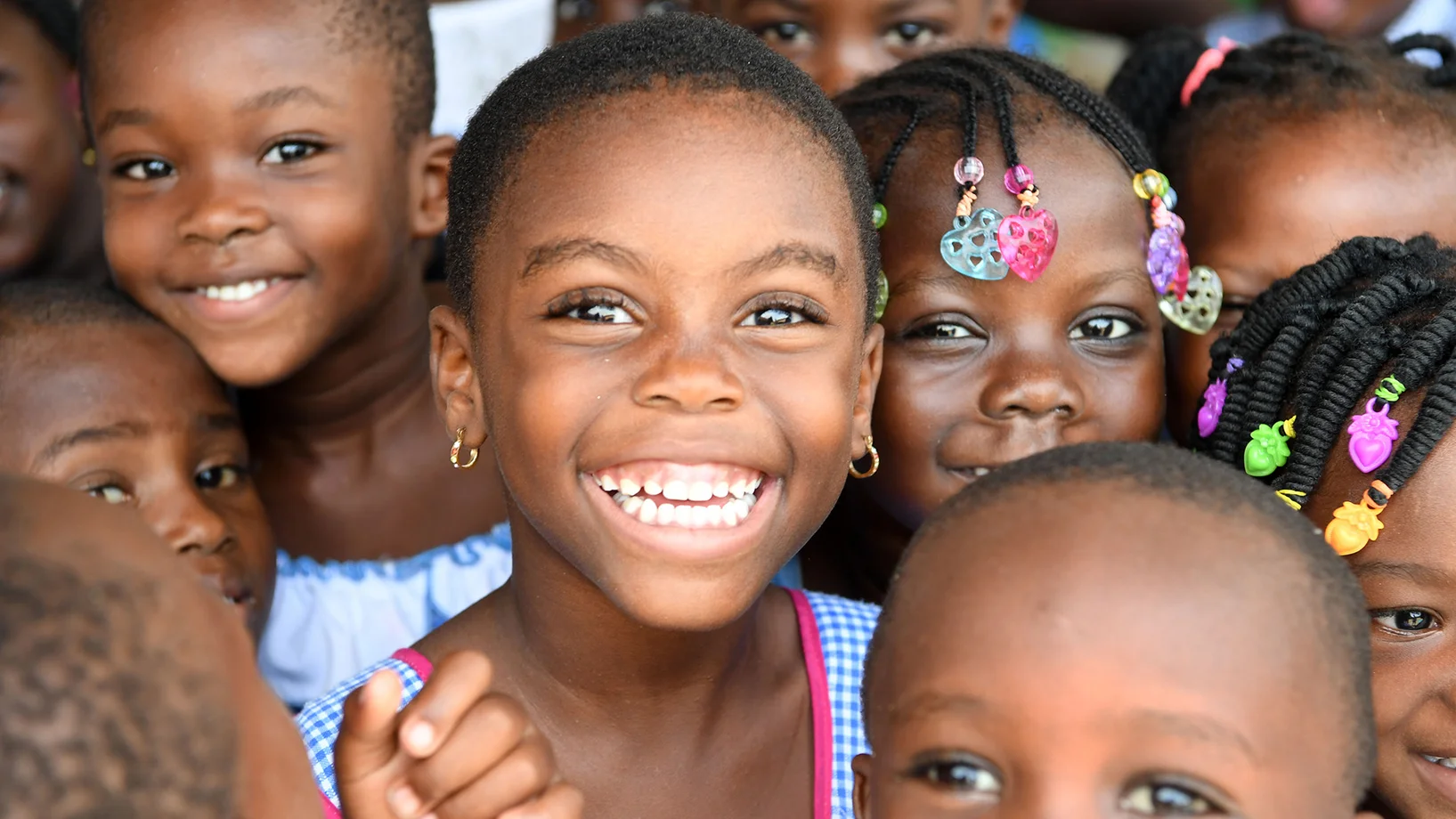In Armenia, an estimated 93,000 girls will be missing by 2060: girls who were not allowed to be born because their parents wanted to have a son instead. UNICEF conducted a comprehensive study to determine the actual extent of prenatal sex selection and implemented a broad-based awareness campaign based on the results. The goal was to bring about a lasting change in behavior.
The situation
Boys are more highly valued than girls in Armenia. Deeply rooted cultural norms tempt expectant parents to have the sex of their offspring determined as soon as possible. All too often, they consider abortion if they discover they are expecting a daughter.
The fact that they go further than merely considering it is particularly evident when we look at births of third and especially fourth children: families who already have two daughters and are expecting a third child want to finally have a son. In 2018, for example, 111 boys were born for every 100 girls. By comparison, the global average is 103 boys for every 100 girls. As a result, the United Nations Population Fund (UNFPA) estimates that by 2060, 93,000 girls will not have been born simply because they would have been girls.
What UNICEF has achieved thanks to your help
In collaboration with the University of Zurich, an Armenian women’s organization and the Statistical Committee of Armenia, a wide-ranging study was conducted that provided a comprehensive picture not only of the number of abortions but also of their backgrounds and decision-making processes. This was the first study of its kind in the entire region.
The study focused on public perceptions of sex-selective abortions. It examined the value of female births on the one hand, and the decision-making processes and powers within the family on the other.
Building on the findings of this study, UNICEF implemented a broad-based awareness campaign for different target groups in a second phase running from January 2018 to December 2021. The campaign was centered on a TV entertainment program aimed at girls and boys that addressed unfavorable social norms.
At the same time, UNICEF Armenia reached out to teachers across the country, as schools play a key role in the socialization of children. Teachers were trained to reduce gender bias in the classroom and ensure inclusive learning for girls and boys.
Despite delays due to school closures caused by the pandemic and military conflicts in the region of Nagorno-Karabakh, the second phase was completed in December 2021. In order to share the program’s findings with representatives of Armenia’s political, education and media sectors, UNICEF Armenia conducted a successful online workshop on December 20, 2021, which UNICEF Switzerland and Liechtenstein also attended. UNICEF Switzerland and Liechtenstein is convinced of the program’s lasting success.



